~Blog guest-written by Thomas E. Keefe, Ed.D., professor at Rocky Mountain College of Art + Design~
“Musician, Author, Teacher, Actress” — that’s what the headstone says at plot S-2-53 in Mount Nebo Memorial Park. That epitaph belongs to May Arno (née Charsky) Schwatt. Professionally known as May Arno, she was an actress, singer, teacher of dramatic and vocal art, author and translator, and founder and director of Dramus Guild (New York, N.Y.) and May Arno School of Drama and Music (Denver, Colo.).
May Arno was born to Saul and Chaya Charsky in Poltava, Russia, in approximately 1879. Her parents were Saul and Chaya Charsky and her older sister was Eugenia “Jennie” Charsky. After the death of their mother, the family moved to the Rosenheyn Jewish agricultural colony outside of Alliance, New Jersey (Abrams, p.48).
After marrying Dr. Charles Spivak and moving to Denver in 1895, Jennie was one of the three official incorporators of the Jewish Consumptives’ Relief Society (JCRS). Dr. Spivak, became Secretary of the nascent JCRS. Though May Arno Charsky traveled the country as an actress and singer, she visited Denver often to see her family.
In 1906, May married the JCRS Superintendent, Jacob Marinoff, but the couple divorced in 1909. Marinoff moved to New York City and co-founded the Yiddish satirical Der Groyser Kundes (“The Big Stick”). Afterward, May Arno married Dr. Herman Schwatt, who served as the Medical Superintendent of the JCRS from 1910 to 1915.
May Arno Schwatt and her theater company traveled regularly. In Spring 1914, she was booked for several months in Chicago where her nephew David Spivak was attending the Art Institute. Being separated from her husband was hard on May Arno. In his diary, David noted, “Got letter with check [sic] today. I at once paid my tuition for the month of April. Went to see Aunt May in the evening. She seems to be quite glum because she hadn't heard from uncle” (Friday, April 3, 1914). Later, “Aunt May” was in New York in 1917 to participate in the First Annual Exhibition of the Society of Independent Artists while David was studying at the Art Students’ League there.
Through it all, May Arno Schwatt was a prolific writer and was active nationally and locally in Denver. In 1911, she published “The Violinist’s Last Hour,” a story of a young violinist who died soon after entering the JCRS sanatorium (Schwatt, 1911, p.919). The 1913 Sanatorium magazine recounted that she was also leading a chorus of JCRS patients at the hospital (“Minutes of the Ninth Annual Meeting,” 1913, p.102).
In 1918, Schwatt penned another short story, “The Last Room” and participated in the Poetry Society of Colorado (Osborne, 1946, p.268). As Dr. Spivak once said, “Nevertheless for publicity purposes, we may mention en pas[s]ant that it seems the JCRS is a fountain of poetry.” The Denver Public Library has a significant collection of May Arno's work, as do the University of Denver and Syracuse University.
After Dr. Charles Spivak’s death in 1927, Herman Schwatt again became Superintendent of the JCRS. May Arno Schwatt continued to be part of the JCRS community as well and, in 1929, she hosted Maurice Schwarz’s famous traveling Yiddish Art Theatre at the JCRS campus.
Years earlier, May Arno Schwatt had opened the May Arno School of Music and Drama in Denver. Among her many students was famed radio actress, Mildred Graham (Cathedral City News Roundups, 1948, p.10). She also gave music lessons to her grand-nieces, Adele and Ruth. In 1934, May Arno was appointed a member of the board of directors for National Poetry Day at the New York World’s Fair. In 1938, she had translated the Russian folk song “Birch in a Meadow” which was then arranged by Milton Scrednikof (Catalog of Copyright Entries, 1939, p.1244). Schwatt also recorded “Democracy in a Melting Pot” with Vera Graham (Catalog of Copyright Entries, 1941, p.763).
By 1940, May Arno had settled permanently in Denver and lived at 1311 Steele Street where she resided from at least 1940 to 1960. In 1940, she was one of the judges for the Catholic Little Theater tournament (Denver Catholic Register, 1940, p.1) as well as the Regis College Elocution Contest (“Elocution contest won by prominent frosh,” 1940, p.1). May Arno also taught at the Lamont School of Music at the University of Denver. While born and raised Jewish, May Arno was entirely ecumenical. She was a Christian Scientist and later, a member of the Baháʼí faith (The American Baháʼí Directory, 1945-1946, p.5). “Aunt May” continued giving singing lessons to the Spivak scions as well, including Lisa and Marla Spivak. Through it all, she was a “Musician, Author, Teacher, Actress.” She died in Denver on February 19, 1968.
________
Sources
- American Baháʼí Directory. (1945-1946). National Committees: Wyoming, Colorado, New Mexico.
- Catalog of Copyright Entries: Musical compositions - Part 3. (1939). Library of Congress.
- Catalog of Copyright Entries. Part 1. [C] Group 3. Dramatic Composition and Motion Pictures. New Series. (1941). Library of Congress.
- Catalog of the First Annual Exhibition of the Society of Independent Artists. (1917).
- Cathedral City News Roundups. (1948). Desert Sun, 21(91). June 11, 1948.
- Donna Lee Reese obituary. (2021). Olinger Andrews Caldwell Gibson Chapel.
- Elocution contest won by prominent frosh. (1940). The Brown and the Gold, 22(11). March 20, 1940.
- Loretto Heights Actresses First In Drama Meet. (1940). Denver Catholic Register. February 15, 1940.
- Minutes of the Ninth Annual Meeting. (1913). The Sanatorium, 7(4-5).
- Schwatt, M. A. (1911). The Reform Advocate, 41. July 8, 1911.
- Tuberculosis and its cure. (1918). Journal of the Outdoor Life. January 1918.

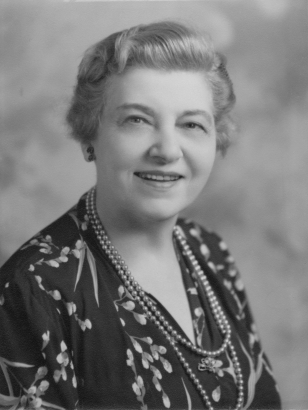
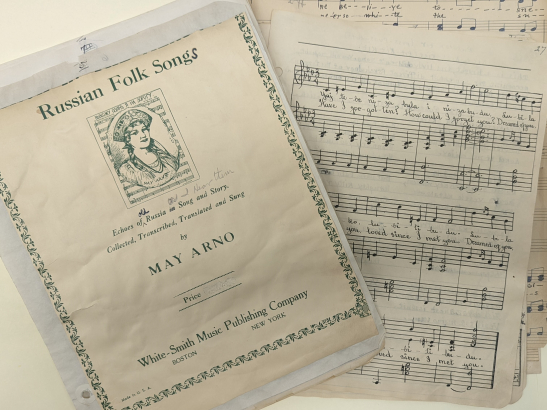
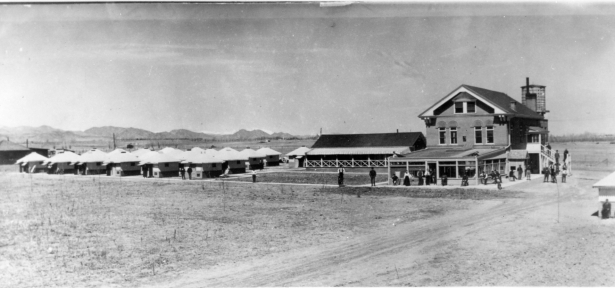
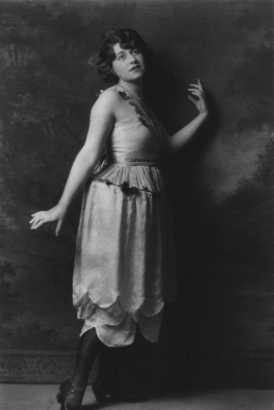
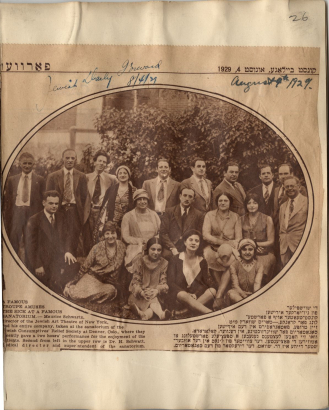
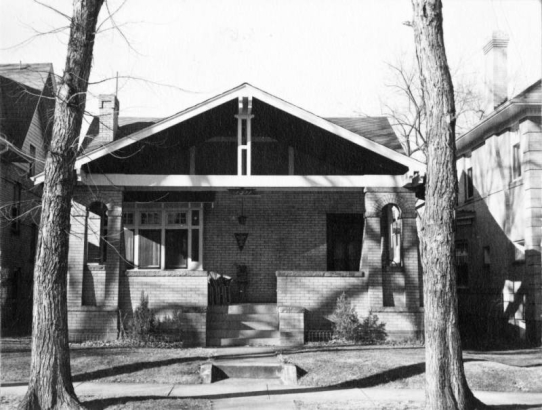
Add new comment